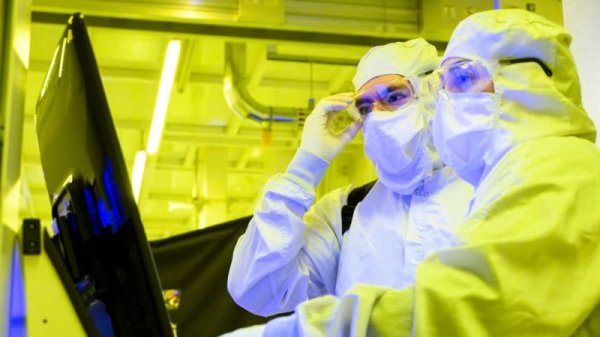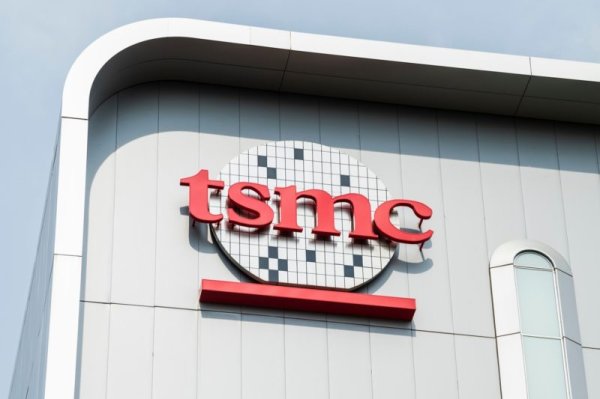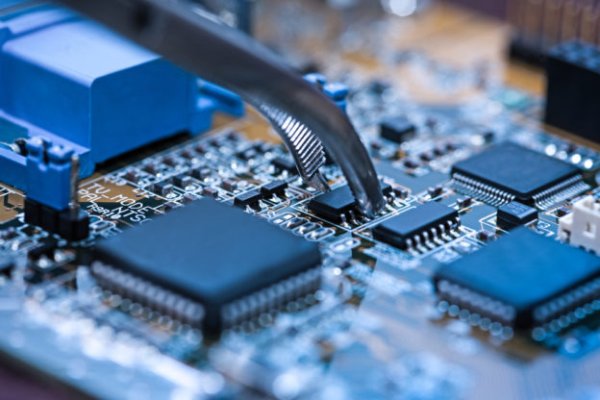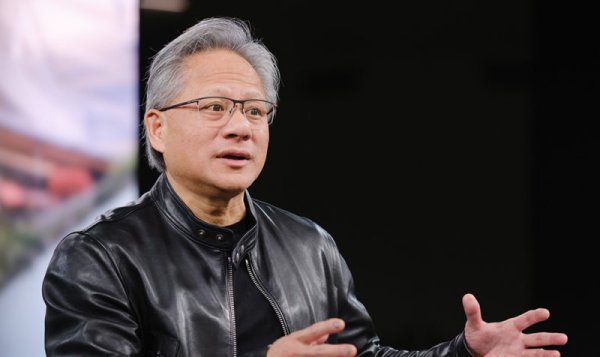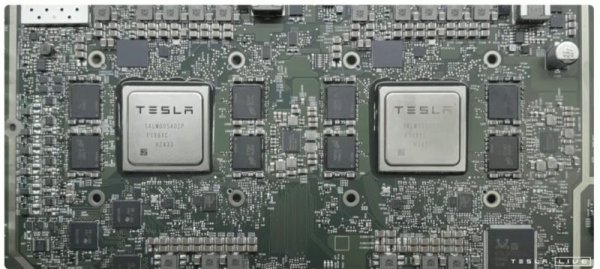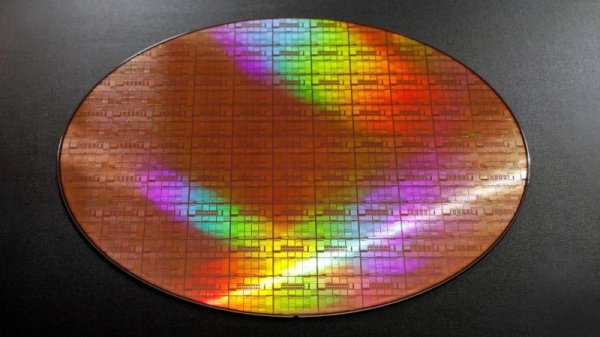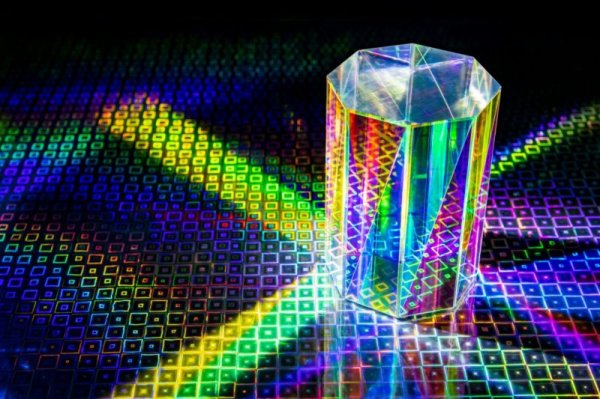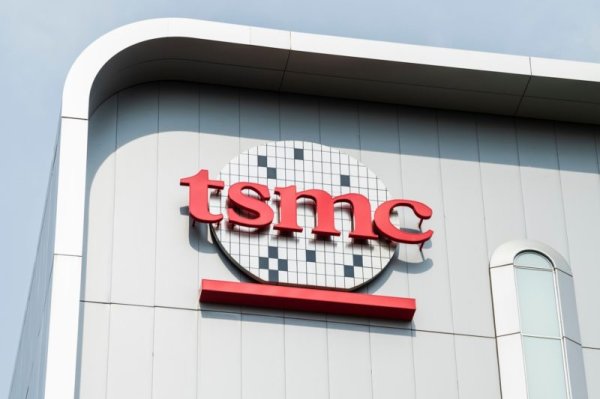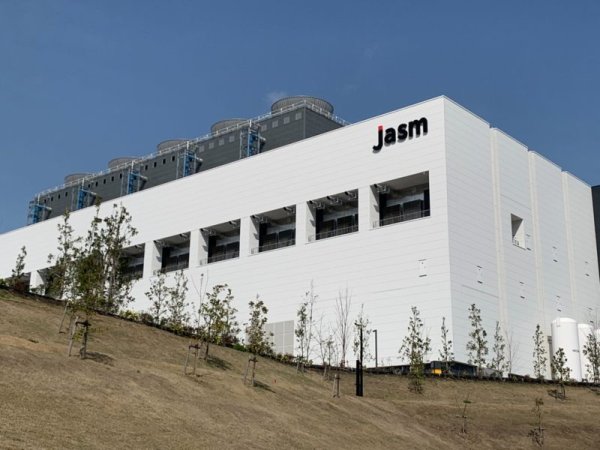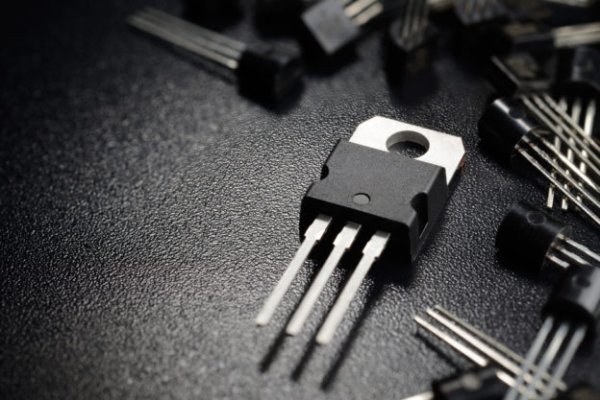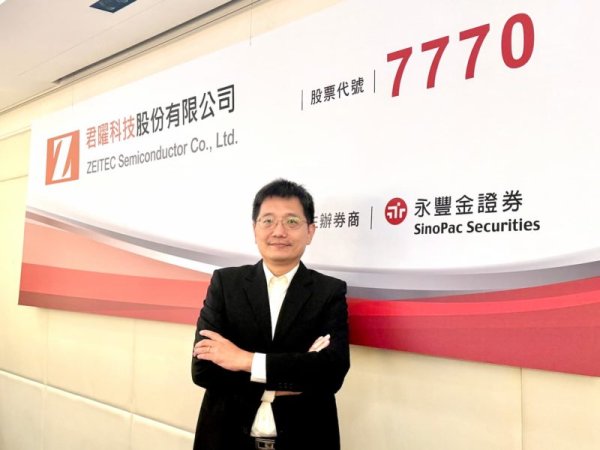Is the humanoid robot market like a replica of the electric car? Hiroshi Ishiguro suggests Taiwan to combine its own advantages and preemptive operations
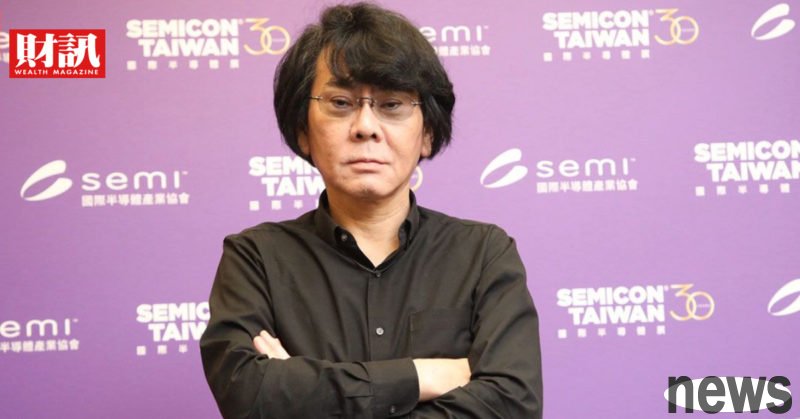
Osaka University professor Hiroshi Ishiguro, known as the "father of Japanese humanoid robots", attended the SEMICON Taiwan forum on the 9th. After the meeting, he was interviewed by media and revealed that he had gone to Beijing, China to attend the World Robot Conference and communicated with many robot companies. After reading it, he bluntly said, "The hardware cost of Chinese humanoid robots is really very low."
He further observed that the above situation was like an electric car, which could cause a major challenge for the United States. Even Japan, which developed robots very early, could not follow it, and even the semiconductor and Taiwan, which were highly manufactured, had to be viewed correctly. He even believes that this low-cost hardware will prevent the robot market from destroying China's supply chain. On the contrary, countries that want to invest in the humanoid robot market may use their own country's technical advantages to combine Chinese hardware manufacturing to make the market bigger.
Hiro Ishiguro is famous all over the world for creating his own humanoid robot clone "Geminoid". According to "Financial Information", he established a new creation of "Avita" in 2021, and obtained the five-year lunar radial research and development plan in Neigufu, Japan, and will "CG" Avatar’s virtual clone software is widely used in: care for the elderly, self-service registration and virtual interview fields under shortages, hoping to achieve a future society that is not restricted by body, space, and time. At the lecture, he also shared that the Osaka World Expo ended in mid-October, he led the "Future of Life" museum, which mainly outlines the future world where humanoid robots and humans coexist 50 years later.
Back to the industry, humanoid robots are emerging in a new wave of growth around the world. Hiroshi Ishiguro revealed that he just participated in the Beijing China Robot Exhibition in August and felt that China's investment in the robot market was as prosperous as an electric car. "Even if the demand for humanoid robots has not yet exploded, in China, as long as you say you want to do it, the funds you are willing to invest will be endless."
He doesn't say anything. Humanoid robots say that they want to help people's work, they need to be skillful and their senses are delicate. At present, technology is still working hard. It is estimated that it will take at least ten years to explode. However, at present, China's low cost of hardware production is a force that cannot be ignored.
Hiroshi Ishiguro believes that in the electric vehicle market, China has indeed formed American pressure through large quantities of hardware, but whether humanoid robots will have the same path remains to be seen. "In my opinion, NVIDIA's technology is still very important in its brains of robots with high computing chips. As for Tesla, which started with electric vehicles, it has developed humanoid robot fields in factories. This market has a certain degree of difficulty in exploring precision and accuracy."
Then he returned to Japan and said that as early as 25 years ago, Japan's Honda Motor also developed the "ASIMO" humanoid robot operation system. Later, the market's customer-viewing conditions were not mature, resulting in retirement. Compared with the current environment, he turned to the scene, "because of AI, the robot's functions will be diversified and more and more intelligent."
Therefore, Hiroshi Ishiguro suggests that everyone should look at the advantages of low hardware costs in China. "In fact, China's low manufacturing costs have always existed, and invisibly it has also brought about a lot of industries booming, right?"
"In the same matter, so many people want to invest, it means the market direction is right." He finally believed that it is unlikely to completely destroy China's supply chain, whether it is the United States, Japan or even Taiwan, but instead, it should focus more on combining the technology that his country has good at.
"Taiwan's computer manufacturing and semiconductors are very strong, which is a good foundation." In fact, Ishiguro's visit to the Institute of Technology Hu Zhusheng came to Taiwan this time. In addition to wanting to understand Taiwan's potential needs for bionic robots to apply bionic robots in life, he also wanted to take advantage of SEMICON to see more cooperation in related technologies, hoping that the bionic robot services he created can link with Taiwanese businessmen.
Extended reading: From collaborating with cross-human robots! Daming's "TM Xplorel" debuted to test the water temperature. Dong Zuopoint has two major challenges to landing Today, the country's light has transformed from traditional camera lenses to strengthen the gross profit margin of two major applications The new generation closed more than one billion yuan last year and earned two shares. Dong Zuo is optimistic about the promotion of AI robotics and industrial automation. Hiroshi Ishiguro: Virtual clones combine AI robots to change the world's consortium Hiroshi Ishiguro: China's humanoid robot costs are low, but the market only emerges ten years later


